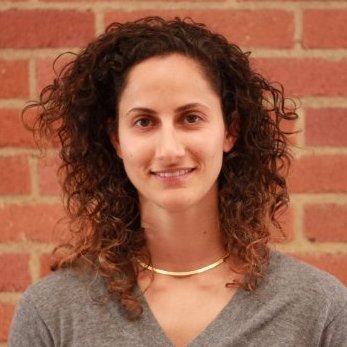This post was originally on the Times of Israel Blog
I am a nonprofit executive at the Adam and Gila Milstein Family Foundation and an Israeli-American — and I’m also a former Ernst & Young tax attorney who obtained an MBA from UCLA Anderson. I think, and mean, business. Pretty much everything I do is aimed at serving the foundation’s overall mission to strengthen the Jewish people and the State of Israel. So, I get frustrated whenever I see how the limited resources we have in the pro-Israel nonprofit world are being spent, or rather wasted. I am not talking about private jets and fancy offices — that’s not the case, and that is not the problem. I am talking about inefficiency and duplication. I am talking about numerous organizations that share a mission to help Israel, but will not share resources, know-how, contacts, or even just…merge?
In the for-profit world, collaboration happens when it makes sense — when both companies can benefit, and when they can find a way to split the upside fairly. For example, you will find many links between BuzzFeed, Bleacher Report, and CBS Sports. Why? Because it makes sense to use other websites’ content and swap traffic for certain topics. Wouldn’t it be great to see the same thing with pro-Israel organizations? See them share each other’s content on Facebook or re-tweet each other? I’m not saying it doesn’t happen at all, but I would love to see more of that.
What about some mergers and acquisitions? There are so many organizations that do the exact same thing, and even compete in the same markets, cities, and colleges, and for the same donors. What’s the point? The result is a tangled mess of organizations spending time, money and energy just to figure out what everyone else is doing. Every week I get emails and phone calls from people who are starting yet new organizations.
If you really care about Israel, next time you have an idea for something new — whether from within a nonprofit you work for or as an independent activist – first stop and think. Has it been tried in the past? What can you learn from someone else’s success or failure? It is a little tough to think about these things when you need to show your donors that you are the best, the first, and the only one doing a specific thing. But what is best for Israel?
What about better SEO? SMO? CRM systems? Crowdfunding campaigns? Many nonprofits don’t have those. Why? Because they need to keep their overhead low — funders like seeing that 90%-100% of their donation money goes towards activity. But wouldn’t it be great if some of that money also went towards systems that would make the organization’s activities more impactful and more visible? Or went towards bringing in experts who are expensive, but are amazingly professional and effective? These are things that Dan Pallotta talks about a lot — I recommend following his website and watching his TED Talks.
I know it’s tough. But if pro-Israel nonprofits can adopt more concepts from the for-profit world…the ultimate entity profiting will be Israel.
—
This post was written by Hadas Sella.
Hadas Sella is the Executive Director at the Adam and Gila Milstein Family Foundation. Born and raised in Israel, Hadas has a dual degree in Law and Economics from the Tel Aviv University, and is a certified attorney in Israel. After working for a top-5 law firm in Jerusalem and then as a Tax Attorney at Ernst & Young in Tel Aviv, she moved to Los Angeles in 2012 and in June 2014 graduated from the UCLA Anderson MBA program. After graduation, Hadas was recruited to the Milstein Family Foundation as a Program Director. In her role, Hadas oversees the foundation’s activities, donations, grants and operations.
To learn more about the philanthropic work of Adam Milstein and the Milstein Family Foundation, visit http://milsteinff.org. Also – check out Adam Milstein and the Milstein Family Foundation on Facebook!

